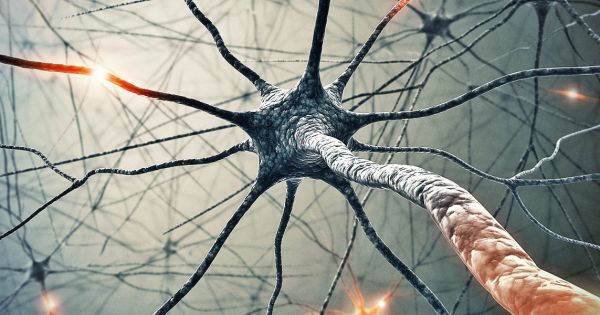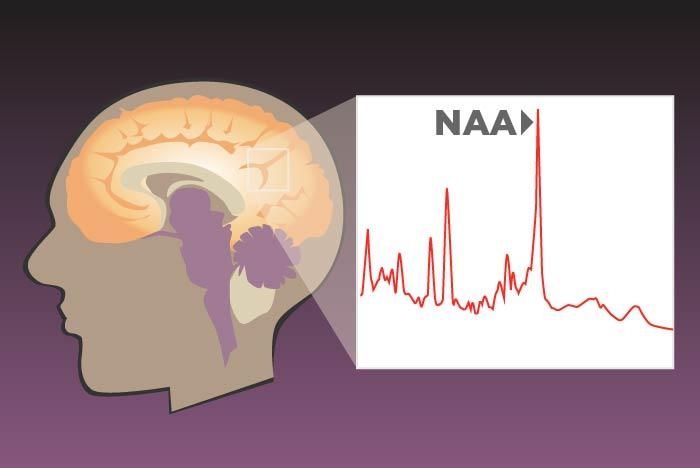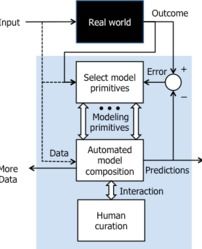Jun 25, 2016
New Alzheimer’s Treatment Could Reverse Memory Loss
Posted by Shailesh Prasad in categories: biotech/medical, health, neuroscience
A small clinical trial of 10 patients with early Alzheimer’s disease has shown that the memory loss and cognitive impairment caused by the disease can be reversed.
Scientists at the University of California, Los Angeles found a new treatment that could potentially reverse memory loss and cognitive impairment among patients with early Alzheimer’s disease.
In a small clinical trial, 10 individuals underwent a treatment called “metabolic enhancement for neurodegeneration,” or MEND. The treatment is based on 36 different factors, including changes in diet, exercise, and sleeping habits. It also includes the integration of certain drugs, vitamins, and brain stimulation therapy to a patient’s regular routine.
Continue reading “New Alzheimer’s Treatment Could Reverse Memory Loss” »


















